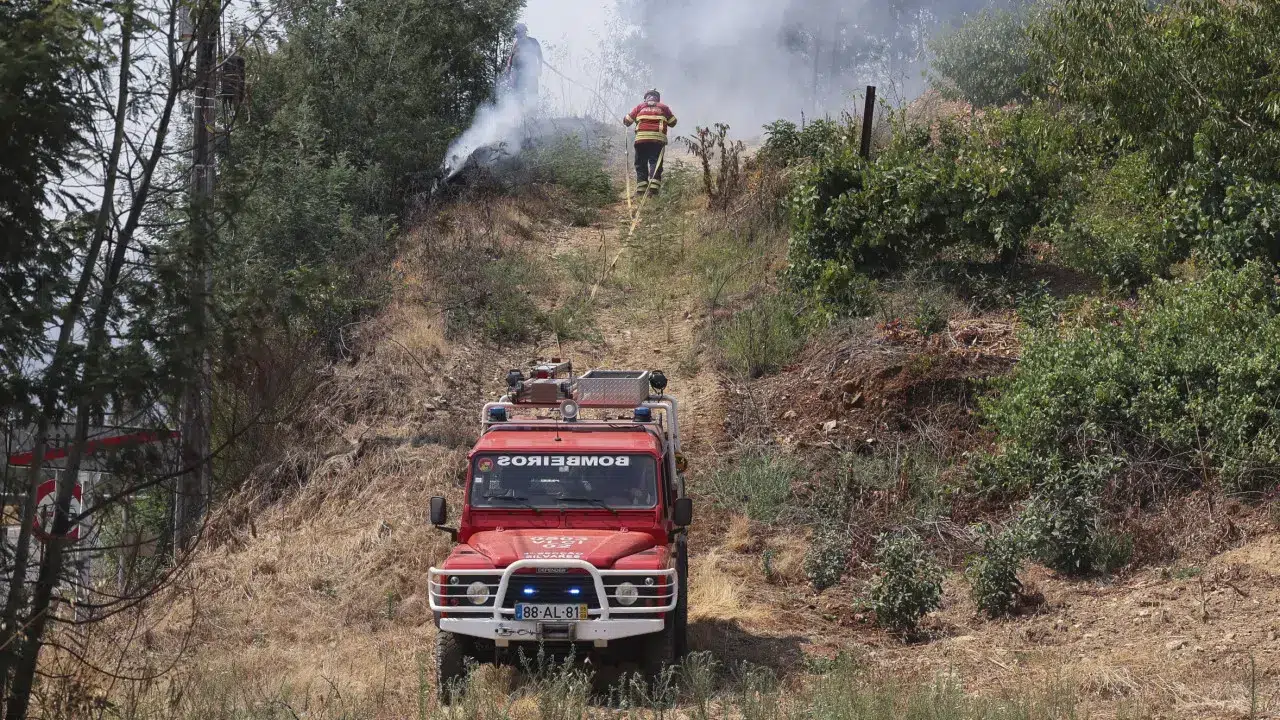
In an interview with RTP following today’s Council of Ministers press conference, Luísa Salgueiro (PS) emphasized that the National Association of Portuguese Municipalities (ANMP) sent the government in October a document containing proposals for Civil Protection and the integrated management of rural and forest fires, which “unfortunately did not receive even a response or an analysis.”
Among the proposed measures, the mayor highlighted the revision of the hazard map, stating that “the hazard maps are not realistic, they do not correspond to the concrete situation of various parts of the territory,” and to ensure “a quick response for land clearing.”
“People probably do not know that a mayor, if informed of a piece of land in poor cleaning condition and posing a threat, does not have the means to begin its cleaning promptly. A set of procedures must be followed,” she explained.
Salgueiro noted that following these procedures can take an excessively long time.
“The municipality identifies the need for land cleaning, notifies the landowner to proceed with the cleaning, naturally following the deadlines of the Administrative Procedure Code that require a set of steps; the individual can oppose this cleaning, and if they wish to carry it out, they do it at the time they deem possible. The municipality can only replace the owner months after starting the procedure,” she detailed.
The mayor also stressed that fulfilling these steps “depends on the municipality’s capability at various levels, whether technical or financial,” as “one cannot expect municipalities, regardless of their size, to address this issue with their limited resources.”
“There are municipalities that do not have the financial means to carry out these tasks because they receive no funding, so it is important that municipalities are provided with the human and financial resources,” especially those in more desertified regions.
Luísa Salgueiro criticized the country’s centralization, where “decentralization does not progress because there is no desire for it to do so, regionalization is frozen,” and there is “a country at different speeds,” lacking “the ability for immediate decision-making,” dependent on authorities “who, being in Lisbon, end up always being the ones making decisions about all these parts of the territory,” while “the country watches this unfold.”
“This is not just with this government. It is with successive governments. This is not a partisan issue; it is about public interest, national interest, people’s interest, and the protection of the territory,” said the socialist mayor.
Salgueiro said it is “evident” and “unquestionable” that there were problems and lack of coordination in combating recent fires, affirming that the fault is “multi-level, from national to regional.”
She also stated that she had not yet had time to analyze the government’s proposals presented on Thursday, but if they are “a response to what has long been identified and delayed in being done, they are a step in the right direction.”
“It is late, but it is better for it to be done now (…) the country can no longer wait,” she observed.
In addition to the revision of the hazard maps and more legal, technical, human, and financial means to enforce quicker land cleaning by private owners, the document with proposals sent by the ANMP to the government, which Lusa accessed, includes a call for simplifying the system’s operational rules of fire management, “reducing the dispersion and complexity of planning and programming instruments.”
The municipalities want the State to equip city councils “with legal and administrative tools to take possession of private lands with undergrowth and/or poorly structured forest where there is a risk of fire, to take operational measures and risk reduction in case of non-compliance by the private owners.”
The document also advocates means to continue the property registry and increase the oversight capacity of the Institute for Nature Conservation and Forests (ICNF) and that of the GNR/SEPNA.
“Strengthening surveillance and deterrence capacity through the presence of authority in the forest, also calling on the Armed Forces to this purpose, particularly the Army and the Air Force for reconnaissance actions during high-risk periods and fire combat, with activation mechanisms that allow action close to ignition times, in areas where firefighters’ terrestrial operational means are markedly insufficient,” it advocated.
The extensive document also calls for restructuring the integrated command chain in firefighting operations, with an objective definition of responsible roles, greater coordination between municipalities, humanitarian associations, and firefighter corporations, and revising the working conditions of career and volunteer firefighters, urging the government to “initiate the legislative process leading to the approval of a new Professional Statute for Career Firefighters.”



